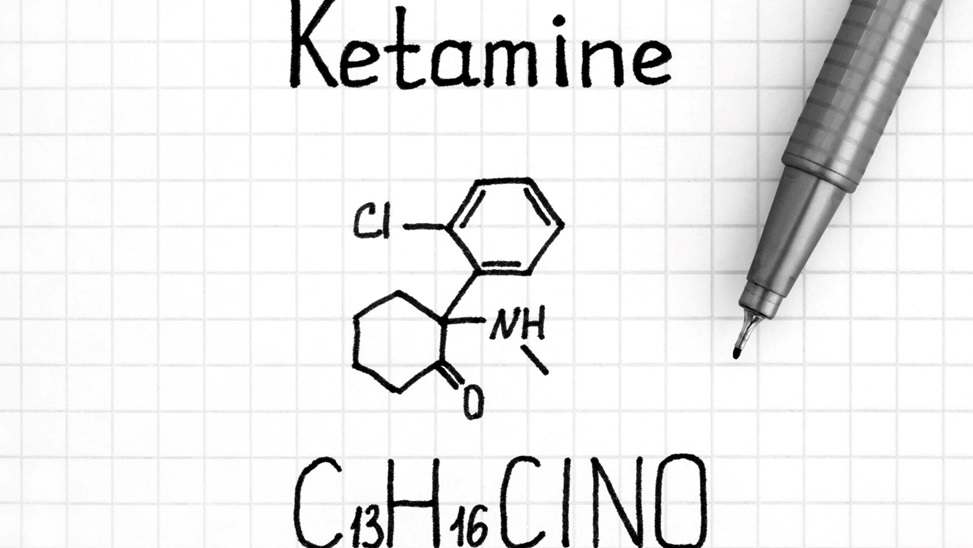Post-traumatic stress disorder (PTSD) is a severe mental health condition that can severely impact individuals and their families. While there are many treatments available to help manage PTSD symptoms, some of these approaches have limited efficacy and may not be suitable for every patient. Recently, there has been an increased interest in the use of ketamine as a potential treatment for PTSD due to its unique properties and ability to offer rapid symptom relief. In this article, we will explore the emerging evidence for ketamine as a PTSD treatment and discuss how it could become an important option for those with the disorder.
How Ketamine Works for PTSD?
Ketamine is a general anesthetic and psychoactive substance that has been used as a medical treatment since the early 1960s. It works by blocking NMDA receptors in the brain and activating certain neurotransmitters, such as glutamate, which can influence mood. Several studies have indicated that ketamine can rapidly reduce symptoms of PTSD, such as intrusive thoughts, avoidance of trauma reminders, and hyperarousal.
Additionally, there is evidence to suggest that ketamine can also reduce the risk of developing PTSD in some people. This effect is thought to be due to the drug’s ability to reduce fear responses, which is a key factor in the development of PTSD. You just have to make sure to seek a reputable ketamine clinic in Maryland to get the help you need. They will be able to administer the drug correctly in order to maximize its benefits and plan a personalized treatment program for you.
How to Know if Ketamine is Right for You?
Ketamine is a powerful drug and should be used with caution. Before using it as a treatment for PTSD, it is important to speak with a healthcare professional and consider the potential risks and benefits. They will be able to provide more information about ketamine and determine if it is the right treatment for you. Meanwhile, you may check out ketamine for major depression new tool, new questions to see if ketamine is a suitable treatment for your condition. Also, keep in mind that ketamine should only be administered by a qualified healthcare professional in order to ensure safety and maximize the drug’s potential benefits.
To Conclude
We hope this article has provided you with a better understanding of how ketamine is becoming an effective PTSD treatment. So if you think this treatment could be right for you, make sure to speak with your doctor and explore all of the available options. With the right approach and support, you can find the right treatment and take control of your mental health.

